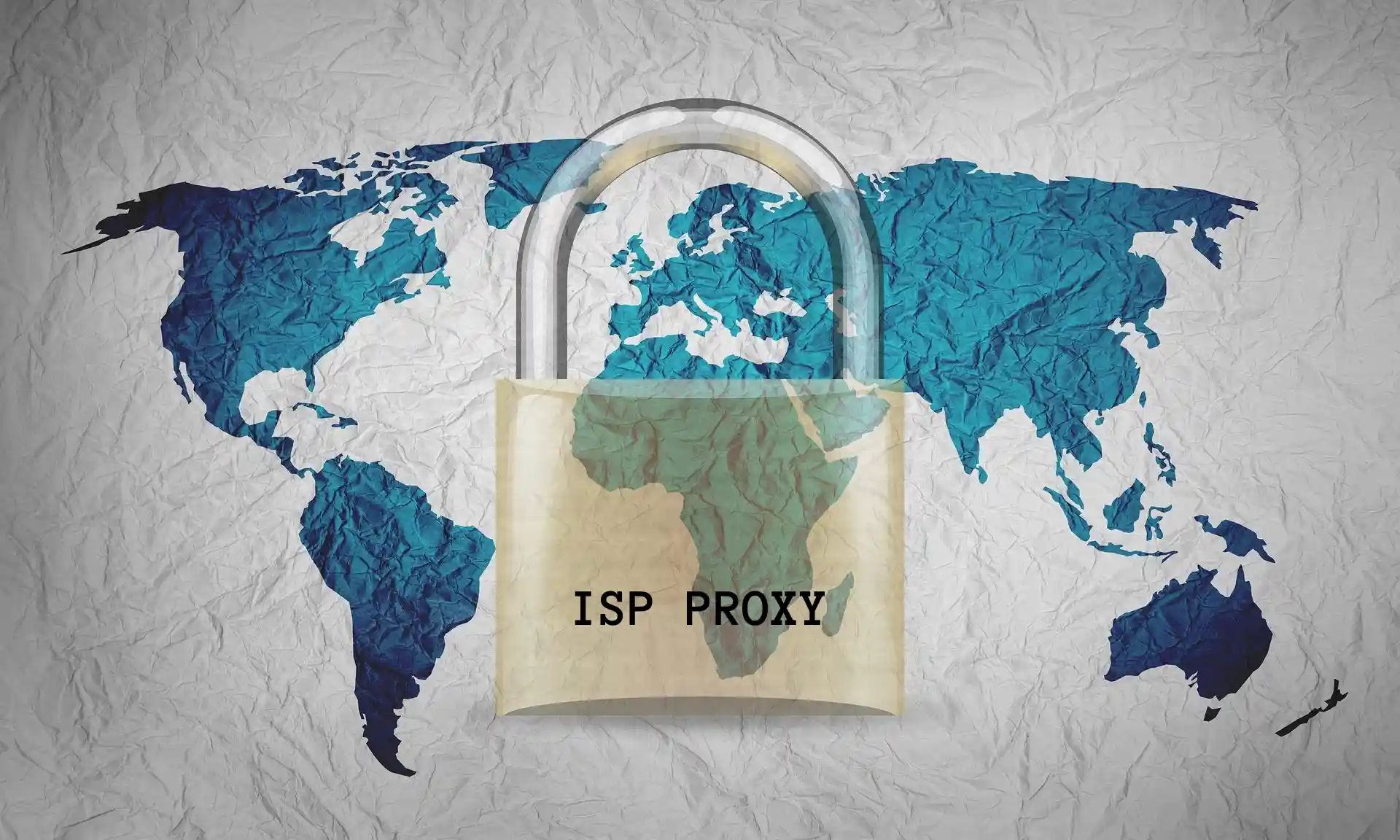
ISP proxies have become very powerful for professionals who require reliable, high-speed connections that also carry the trust associated with residential-level connections. The benefits of datacenter infrastructure with ISP-assigned IPs. This is why they bring a solution that is very much needed, where performance, consistency, and anonymity are key. Exactly what many businesses require is navigating complex online environments.
What Are ISP Proxies?
ISP proxies are a specialized type of proxy that combines the high performance of datacenter infrastructure with the authenticity of residential IP addresses. Although hosted on servers in data centers, these proxies utilize IP addresses allocated by actual Internet Service Providers (ISPs), enabling them to behave like regular residential connections. This setup gives users the speed and uptime of data centers while maintaining the trustworthiness typically associated with home-based IP addresses.
Often referred to as static residential proxies, ISP proxies don’t rotate like traditional residential IPs. Instead, they offer a consistent identity, perfect for activities that require stable sessions or long-term connections, such as managing multiple online accounts or maintaining login states across multiple devices.
Unlike standard residential proxies, which rely on peer-to-peer networks of real user devices, ISP proxies operate from a more controlled environment. The IPs are leased from ISPs but aren’t tied to personal computers or routers, providing a great balance between legitimacy and control.
Common Use Cases for ISP Proxies
1. Web Scraping
When it comes to collecting data at scale, whether for market research, competitor tracking, or pricing analysis, many websites fight back with anti-bot systems. Since ISP proxies mimic residential users, they’re far less likely to be blocked. While rotating residential proxies are still preferred for very high-volume scraping, ISP proxies can be more stable for consistent scraping jobs.
2. Social Media Management
Social platforms often crack down on automation or multiple account usage. ISP proxies enable marketers to manage multiple accounts as if each were accessed from a separate household, making them ideal for agencies and social media managers.
3. Ad Verification
Digital advertisers utilize ISP proxies to ensure their ads display properly across various regions. These proxies help simulate a local browsing experience, providing accurate insights into ad placement, visibility, and the effectiveness of user targeting.
4. Market Research
Accessing region-specific websites or services often requires a local IP address. ISP proxies enable businesses to view content as it appears to users in a specific location, providing valuable data for strategic planning and analysis.
5. Brand Protection
Companies use ISP proxies to detect and monitor unauthorized uses of their brand, such as counterfeit listings or misleading content, across different platforms and locations. Since these proxies are less likely to be blocked, they enable broader and more reliable monitoring.
Pros and Cons of Using ISP Proxies
Pros:
High Performance: These proxies operate through fast and stable data center infrastructure, reducing downtime and latency.
Stealth and Anonymity: Their residential IPs help bypass detection systems that typically flag data center traffic.
Credibility: ISP-assigned IPs are generally more trusted by websites, making them less likely to be blocked or restricted.
Cons:
Higher Costs: Due to ISP leasing and the associated infrastructure, ISP proxies are more expensive than regular data center options.
Smaller IP Pool: Since these proxies rely on real ISPs, the number of available IP addresses is limited compared to those in massive data center networks.
Frequently Asked Questions
How are ISP proxies different from residential proxies?
ISP proxies utilize IP addresses from real ISPs but are hosted in data centers, offering static IP addresses with high speeds. Residential proxies, by contrast, are typically dynamic and sourced from user devices, offering more rotation.
Are ISP proxies good for streaming?
They can access region-locked content, but because the IPs don’t rotate, they might not work as well on platforms with strong anti-proxy detection. Rotating residential proxies are generally more suitable for streaming.
Can I use ISP proxies for online gaming?
Although they provide low latency, they may still not be favorable for online gaming, particularly in games that require frequent IP switches. Also, ensure compliance with the game’s terms of service to avoid any issues.
Are ISP Proxies Legal?
Yes, they are legit and legal to use. However, using them in a manner that contravenes the terms of service of specific websites or platforms can attract penalties or even banishment.
Final Thoughts
ISP proxies are quite decent for individuals who require stable, fast IP addresses that also appear genuine to websites. Whether you’re gathering data, managing social media accounts, or conducting local research, ISP proxies offer a unique blend of speed, reliability, and trust. Although they are more expensive and less accessible, they remain the preferred tool for professionals handling critical or high-volume online tasks.
More on Proxy:

